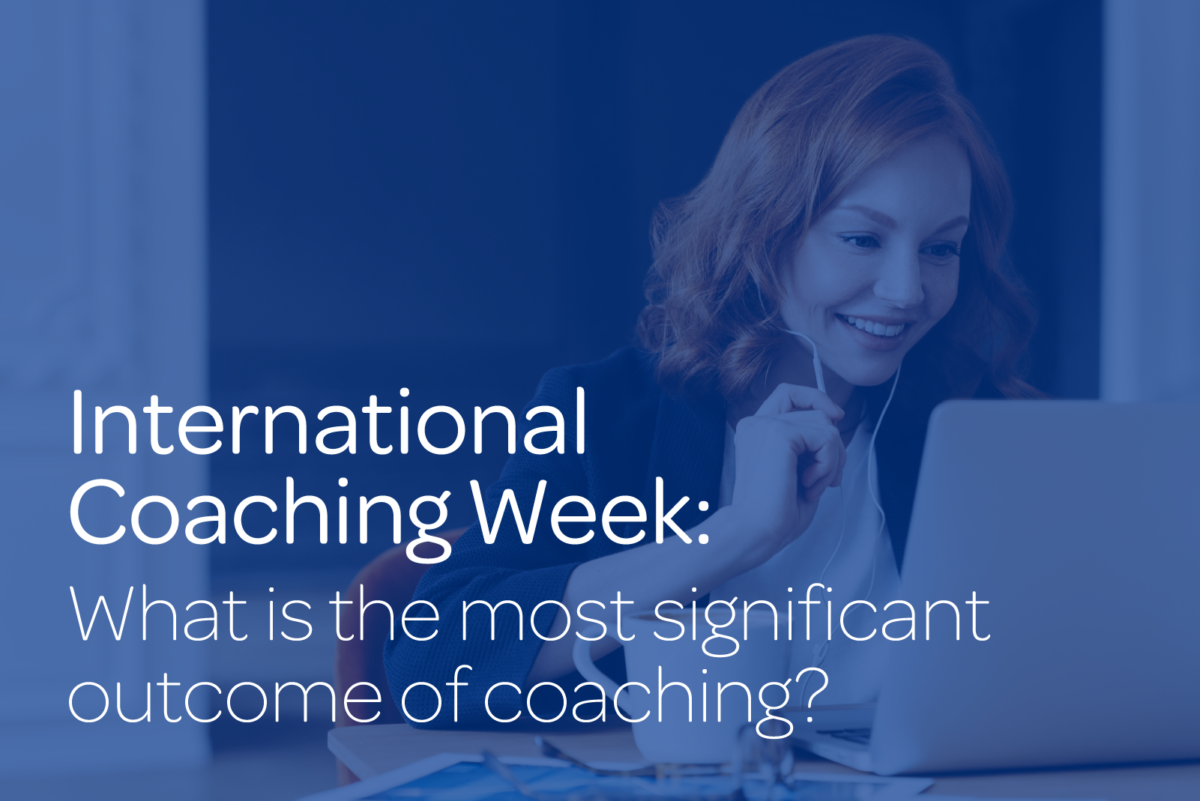Coaching, at its best, generates profound transformation. As an ontological coach who studied at Newfield Network, I always start with examining the client’s “Observer,” the way a person fundamentally experiences the world. Ontological coaching uses the “OAR model”, which implies that the kind of Observer we are drives the Actions we take, which leads to our life Results. If we want to change our results, we usually go to actions. For example, a person seeking to lose weight might try a diet plan that leads to short-term weight loss, only to have the pounds creep back as she reverts to her old habits. The person has taken an action, following a diet, to drive a desired result, weight loss.
Ontological coaching argues that to achieve true systemic change, we need to look not at our actions, but at our observer – who we are. In the weight loss example, a client would not immediately jump to a new diet. Rather, we would explore the person’s deeply-held beliefs about food, and perhaps even about self-worth. We might devise practices to reinforce a shift in belief that will drive different actions that result in weight loss. By working an issue at its deepest core, we create the possibility for lasting change.
As a coach, trust with my clients is my most valuable asset. As such, I don’t publicly tell my clients’ personal stories. However, I can illustrate the power of coaching through my own experience of how I became a coach.
During my years in corporate America, I always looked forward to training sessions or leadership development coaching offered by the organizations where I worked. The coaches and trainers had the most fun jobs I could imagine. And yet, I never thought that path was available to me. My training was geared to P&L management, leading large teams, and continuing the arduous climb to the corner office. After leaving corporate America to raise children and navigate a windy path back to the workforce, I worked with a coach to devise my next steps – and promptly ignored my budding awareness by dismissing red flags to accept a corporate job from which I was fired after four months. I began to interpret that devastating experience as the universe’s message that I needed to listen to my internal compass and follow the path to become a coach. It took deep work with a wonderful coach, Terry Humphrey, to truly shift my mindset and arrive at this conclusion.
Several years later, my professional satisfaction is off the charts. I love my clients, and my practice is expanding. Part of me wishes I had come to this work earlier, but I also understand that the profound transformation that allowed me to begin happened at the perfect time. Had I not gone back to my “observer”, or examined how I truly saw the world, I would never have recognized and overcome the limiting belief I held that coaching wasn’t a career option. Now, I get to see my clients achieve the same outcome I did: profound transformation. Thank goodness for coaching!

